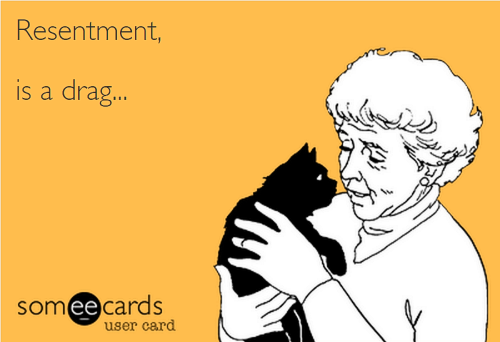The perfect kitchen knife from melted meteorite
Spinning infinity, but the wheel is spinning me
Read more
and then, poof…
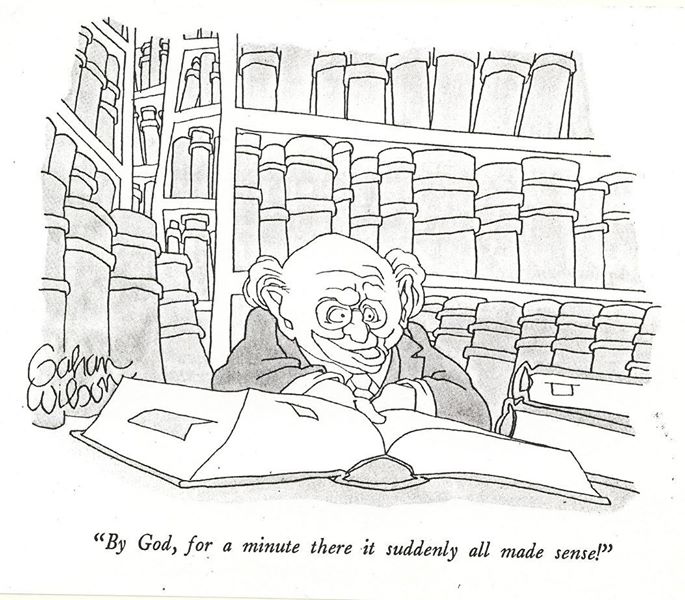
Dam(n) drop

Another view (150)
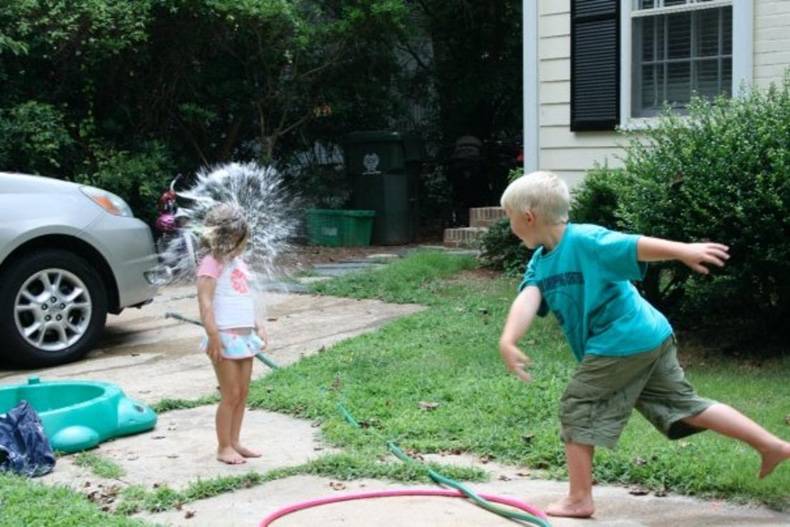
Ok, now turn that around
I remember it well
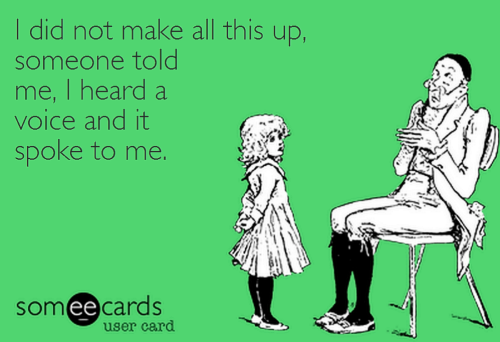
When all is said and done
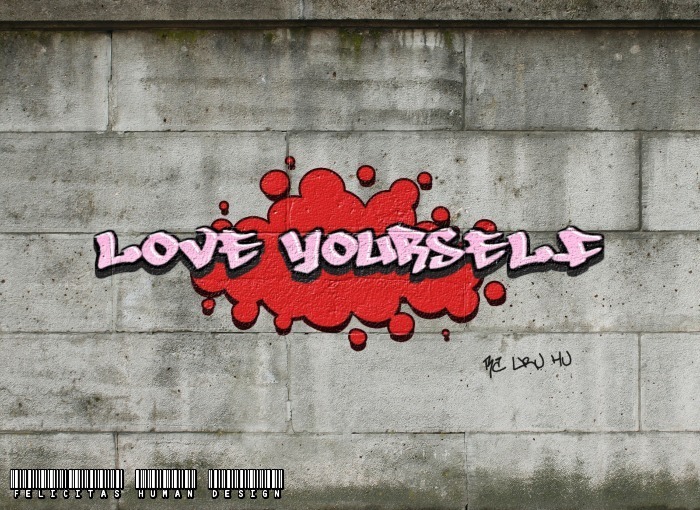
such a great inner adventure playground
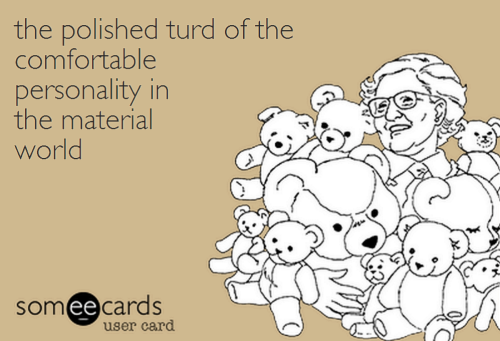
Watch him as he goes.
Read more
The Nature of Experience
The Fundamental Presumption of our Culture
There is one fundamental presumption upon which our world culture is founded. This basic presumption states that experience is divided into two essential elements – a subject and an object – joined together by an act of knowing, feeling or perceiving.
This gives rise to the familiar formulations of experience such as, “I know such and such,” “I feel sad,” “I perceive the tree.” In this way experience is believed and felt to consist of a knower and a known, a feeler and a felt, a perceiver and a perceived. In each case a subject knows, feels or perceives an object.
The subject and object are two inseparable aspects of the same belief – the belief in separation or duality. Mystics tend to explore the subject and scientists and artists tend to explore the object or world. However, being inseparable aspects of the same belief, the investigation of either will suffice for an understanding of the true nature of experience.
Our Essential Nature of Being, Knowing and Happiness
Let us start with our self. What can we say for certain about ‘I,’ our self, the subject, the one that knows experience? The first thing is that I am obviously present – I am. If I were not present I wouldn’t be aware of these words. And the second self-evident fact about our self is that I am aware or knowing. If this were not true I would not be aware of thoughts, sensations or perceptions.
In other words, I am and the ‘I’ that I am, is aware that I am. This knowing of our own being – its knowing of itself – is the most familiar, intimate and obvious fact of experience and is shared by all.
This present and aware ‘I’ is sometimes referred to as ‘Awareness’, which means the ‘presence of that which is aware’. It is a word in which the two fundamental qualities of our self – being and knowing – are recognized as one.
What else can we know for certain from experience about our self? ‘I’ am aware of thoughts, sensations and perceptions but am not made out of a thought, sensation or perception. ‘I’ am made out of pure being and knowing.
As such ‘I’ could be likened to an open, empty space to which or in which the objects of the mind, body and world (thoughts, sensations and perceptions) appear. And just as empty space, relatively speaking, cannot resist or be agitated by the appearance or activity of any object within it, so the open, empty space of Awareness cannot resist or be disturbed by any appearance of the mind, body or world, irrespective of their particular quality or condition. This inherent absence of resistance is the experience of happiness; this imperturbability is peace. This happiness and peace are not dependent upon the condition of the mind, body or world and are present in and as the essential nature of Awareness under all conditions and in all circumstances.
Thus happiness and peace, as well as being and knowing, are essential to our true nature.
Read more
It’s not there until it’s gone
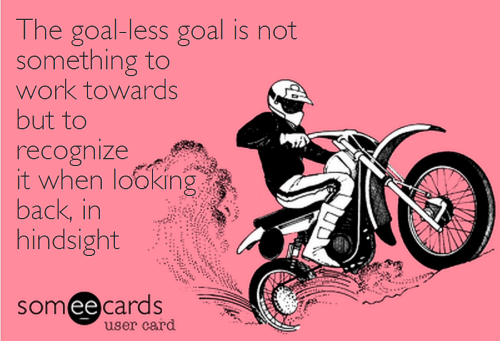
Transits permitting
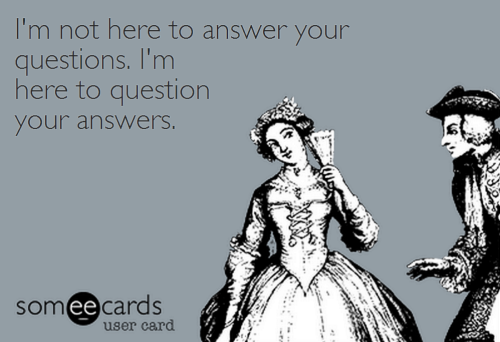
Still Interested In Enlightenment?
“Very few understood what freedom really implies. The freedom a spiritual master of India is most likely envisaging for his people is called moksha, and it implies much much more than freeing the personality. It means freedom from the personality itself, not freedom for it. In fact, freedom for the personality is a contradiction in terms because the personality cannot be free ever. It can only be better or worse.
Osho once said: “I am cooking something else.” – I am afraid that he is still waiting for us to complete the cooking and finally eat the meal! When I was a therapist in Poona, Osho was constantly hammering on us that we should move on from the personal to the spiritual. But except for including the daily meditations and discourse in the groups nothing much happened. He had made life so wonderful for most of us and opened up such a great inner adventure playground – why not enjoy more and more and more of it before leaving it behind?
This lead to a deep misunderstanding of spirituality being something confined to expanding the possibilities of the personality or, when tired of that, being content and fine with what is. Even though this may be kind of wise, it is understating by far the true potential of human beings. Yes, a good sannyasin life is definitely much better than most people’s lives are because of the personal liberation processes we went through. But this is nothing compared to what is possible.” – Sitara Mittag Read more on OshoNews
Read more
Aaaah, busted…
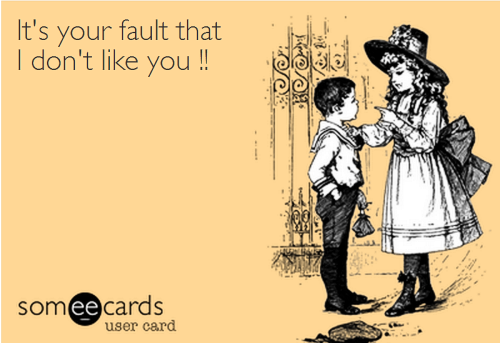
The Body, The Personality, The Passenger
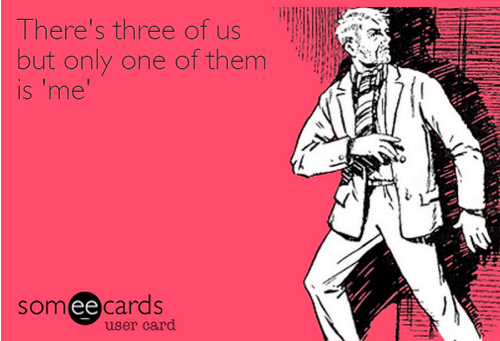
That doesn’t make any sense
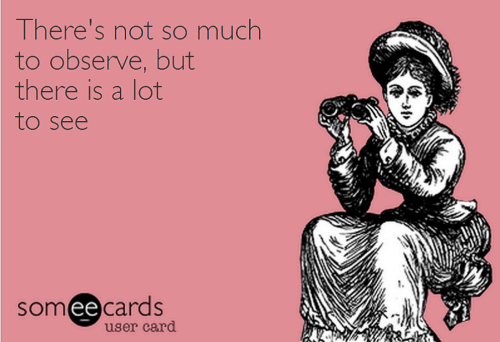
Children of the Stars
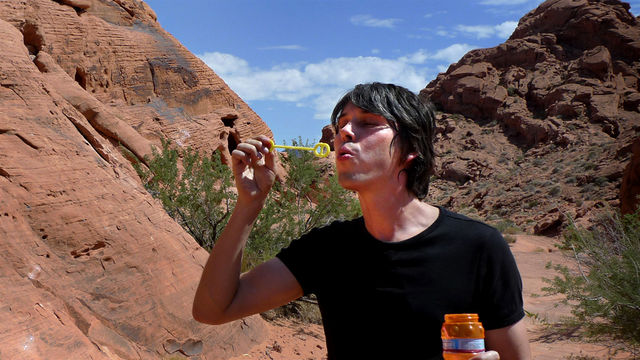
In his exploration of the wonders of the universe, Professor Brian Cox goes in search of humanity’s very essence to answer the biggest questions of all: what are we? And where do we come from? This film is the story of matter – the stuff of which we are all made.
Brian reveals how our origins are entwined with the life cycle of the stars. But he begins his journey here on Earth. In Nepal, he observes a Hindu cremation. Hindu philosophy is based on an eternal cycle of creation and destruction, where the physical elements of the body are recycled on to the next stage. Brian draws a parallel with the life cycle of the stars that led to our own creation.
Next, he explains how the Earth’s resources have been recycled through the ages. How every atom that makes up everything we see, was at some time a part of something else. Our world is made up of just 92 elements, and these same 92 elements are found throughout the entire universe. We are part of the universe because we are made of the same stuff as the universe. -Wonders of the Universe 2011: Episode 2
the illogical life
“Zen is unique because no other religion exists on anecdotes. They are not holy scripture; they are simply incidents that have happened. It is up to you… if you understand them, they can open your yes and your heart. These small anecdotes in their very smallness, just like dewdrops, contain the whole secret of the ocean. If you can understand the dewdrop, there is no need to understand the ocean-you have understood it.
A naive young man who had lived a sheltered life finally decided he could not take any more. He arranged an appointment with his doctor and poured out the whole story.
“It is this girl I have been going with,” he said. “I suspected she was fast, but I never dreamed she was a sex maniac. Every night now for weeks and weeks on end, I keep trying to break off the romance, but I haven’t got the will power. What can I do? My health just can’t stand the pace. ”
“I see, “said the doctor grimly. “Tell me just what happens; you can trust me.”
“Well, every night I take her driving in my car. We park in some secluded street. Then she asks me to put my arms around her. And then, every night, she reaches over and holds my hand.”
“And then?”
“What do you mean ‘and then’?” gasped the youth. “Is there more?”
Once a beginner asked a Zen master, “Master, what is the first principle?”
Without hesitation the master replied, “If I were to tell you, it would become the second principle. “
THE FIRST PRINCIPLE cannot be said.
The most important thing cannot be said, and that which can be said will not be the first principle. The moment truth is uttered it becomes a lie; the very utterance is a falsification. So all the scriptures of all the religions contain the second principle, not the first principle. They contain lies, not the truth, because the truth cannot be contained by any word whatsoever. The truth can only be experienced. The truth can be lived, but there is no way to say it.
The word is a far, faraway echo of the real experience. It is so far away from the real that it is worse than the unreal because it can give you a false confidence. It can give you a false promise. You can believe it, and that is the problem. If you start believing in some dogma, you will go on missing the truth. Truth I has to be known by experience. No belief can help you on the way; all beliefs are barriers. All religions are against religion-it has to be so by the very nature of things. All churches are against God. Churches exist because they fulfill a certain need. The need is that people do not want to make any efforts; they want easy shortcuts. Belief is an easy shortcut.
The way to truth is hard; it is an uphill task. One has to go through total death-one has to destroy oneself utterly; only then is one newborn. The resurrection comes only after the crucifixion.
To avoid the crucifixion we have created beliefs. Beliefs are cheap. You can believe and yet remain the same. You can go on believing, and it doesn’t require any basic change in your life pattern. It does not require any change in your consciousness, and unless your consciousness changes, the belief is just a toy. You can play with it, you can deceive yourself with it, but it is not going to nourish you.
A wealthy horse-owner died and left a large fortune to a university. A provision in the will, however, was that the school must confer the degree of Doctor of Divinity upon his favorite horse. Since the university was anxious to receive the money-it was a really big sum-the Dean set a date for the animal to receive a degree of DD.
This unusual occasion was attended by the press, and one of the reporters asked the Dean, “What is your reaction to this strange arrangement?”
“Well,” replied the Dean, “in my experience I have awarded many degrees. However, I must admit that this is the first time I have awarded a degree to a whole horse.”
All others were donkeys, not whole horses.”-Osho, Zen: Its History and Teachings and Impact on Humanity
Mannen zijn al 25 jaar in crisis
Over mannen-emancipatie. Heeft de man zijn beste tijd gehad? Volgens Jens van Tricht niet. De man begint nu pas langzaam “mens” te worden. De man zoals wij die kennen is een verouderd concept wat steeds meer ruimte zal krijgen totdat we het niet meer nodig vinden om het als man te benoemen. De mens is aan het veranderen, de relatie tussen man en vrouw is enorm aan het veranderen, aangezet door de vrouwenbeweging de afgelopen honderd jaar. De traditionele rollen tussen man en vrouw worden steeds vaker, minder bepalend. Mannen zijn al 25 jaar in crisis of in verwarring. Is mannengedrag natuurlijk of aangeleerd? Zijn jongetjes van 7 jaar anders dan meisjes van zeven? Uit verschillende onderzoeken blijkt dat de verschillen tussen mannen en vrouwen minder groot zijn dan de overeenkomsten. Een gesprek over de toekomst van de rollen tussen mannen en vrouwen.
00:18 Introductie, 00:40 Rollen, 02:50 Verschillen, 07:00 Gender mix, 10:10 Ideaal, 12:04 Persoonlijk, 14:45 Voorbeeld, 15:50 Polariteit, 18:50 Authenticiteit, 20:05 Hulp, 21:50 Waarden, 23:30 Karikaturen, 26:00 Privacy, 27:50 Vaderschap, 28:35 Tips, 29:45 Nagesprek
Source: http://www.cafeweltschmerz.nl
Ain’t this boogie a mess!?
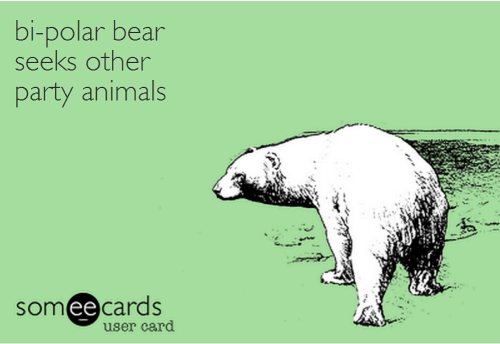
We are more in love with desire, than the desired
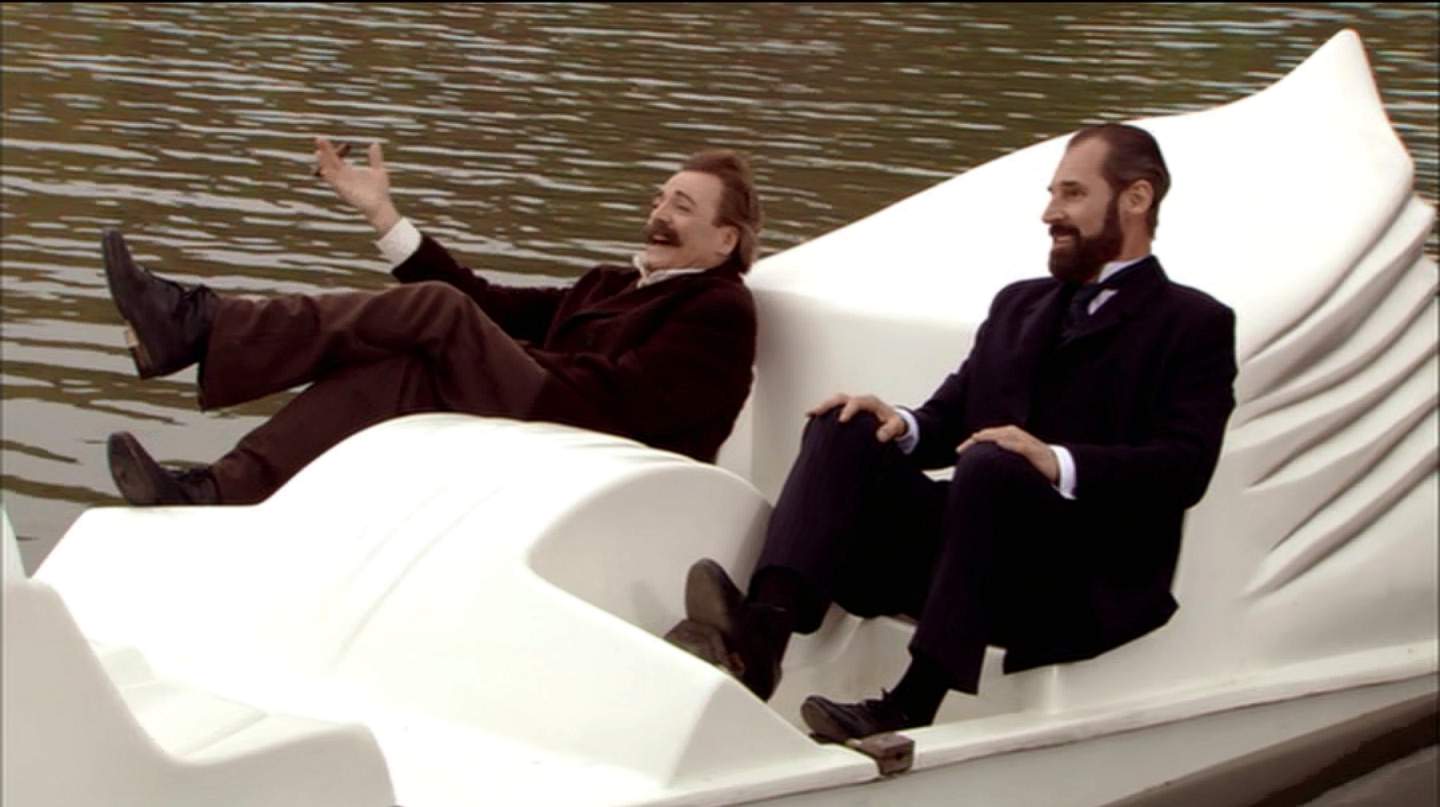
When Nietzsche wept
Viennese doctor Josef Breuer meets with philosopher Friedrich Nietzsche to help him deal with his despair.
A great period piece that will delight all who care about philosophy and psychology
Director: Pinchas Perry
Writers: Pinchas Perry, Irvin D. Yalom (novel)
Stars: Ben Cross as Josef Breuer, Armand Assante as Nietzsche, Jamie Elman as Sigmund Freud, Andreas Beckett as Zarathustra, Katheryn Winnick as Lou Salome
Repair, refurbish, trade-in or replace?
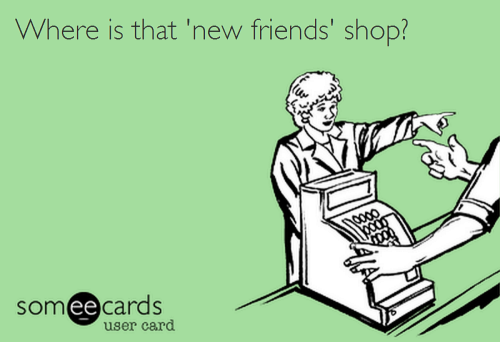
I don’t like soon come
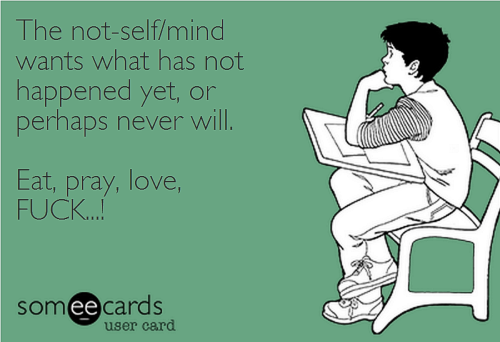
Another view (143)
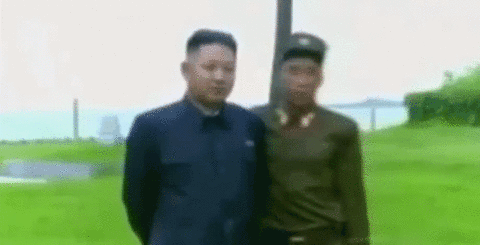
Let’s reconvene
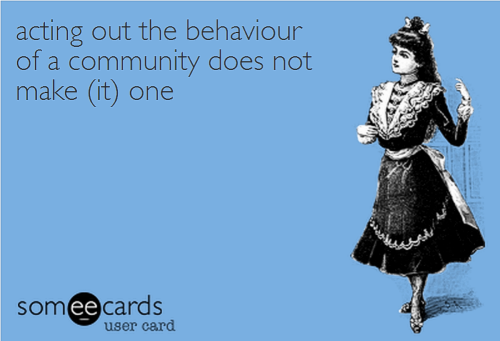
Oh yeah

By suffering, I mean the dramatization of pain
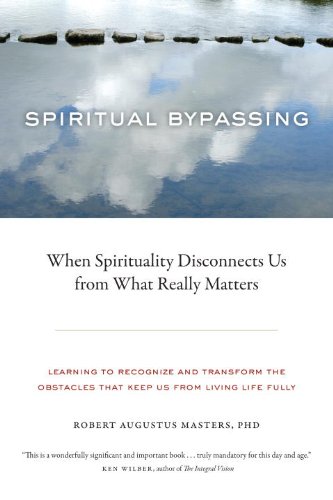
Spiritual bypassing—the use of spiritual practices/beliefs to avoid dealing with painful feelings, unresolved wounds, and developmental needs—is so pervasive that it goes largely unnoticed. In the tradition of the landmark book ‘Cutting Through Spiritual Materialism’ by Chögyam Trungpa, Spiritual Bypassing casts a lucidly critical eye on our deeply entrenched misuse of spirituality, furthering the body of psychological/spiritual insight into how we use (and abuse) spirituality.
While other authors have touched on the subject, this is the first book fully devoted to explaining and working through spiritual bypassing, providing an in-depth look at the unresolved or ignored psychological/emotional issues that are often masked or marginalized through what we do with spirituality. “Spiritual bypassing is not something to eradicate, but to outgrow. Let us treat it as such, recognizing that real spirituality is not an escape but an arrival.”
A must-read for anyone seeking increased self-awareness and a deeper, more spiritually sound life, a life of full-blooded integrity and compassion, a life in which the personal, interpersonal, and transpersonal are all honored and lived to the fullest, a life in which we cultivate intimacy with all that we are.
“Uncompromising and truth telling, this book is an antidote to spiritual obesity. What emerges is the call to psychological clarity as essential to the mature spiritual life. Here is soul fuel for those who would enter the road less traveled- the deeply examined life as part of spiritual practice.” – Jean Houston, PhD, author of A Mythic Life
“In Spiritual Bypassing, Robert Augustus Masters offers a wake-up call – more of a shout – to those of us who have unwittingly fallen prey to all manner of promising and seductive antidotes to our pain and suffering in the form of detached spiritual teachings and New Age magical thinking. The book is a sobering and powerful reminder that our present embodiment, in all its flawed, messy humanness, cannot be conveniently sidestepped, and so invites us inward to a face-to-face encounter and embrace with the raw truth of who we really are. Masters’ unique and at times disarming prose style blends a poetic sensibility with a surprising stark clarity that points us to “What-Really-Matters.” – Eliezer Sobel, author of The 99th Monkey: A Spiritual Journalist’s Misadventures with Gurus, Messiahs, Sex, Psychedelics and Other Consciousness-Raising Experiments
Source: http://robertmasters.com
Komt een vrouw bij de dokter
“Ze blijkt borstkanker te hebben en daar schaamt ze zich vreselijk voor. Verjaardagen vermijdt ze omdat ze de goedbedoelde maar zinloze adviezen niet meer verdraagt als mensen eenmaal weten dat ze ziek is. “Als je positief denkt, dan wordt die tumor vast kleiner”, “Zou je niet wat meer gaan bewegen” “Misschien moet je gewoon op vakantie. Wist je trouwens dat quinoa en avocado’s ook helpen tegen kanker?” enzovoort. Ze geeft aan dat ze er eigenlijk met niemand meer over durft te praten. Ook vraagt ze zich wanhopig af of het geen karakterzwakte is dat ze nu kanker heeft en of ze het niet aan zichzelf te danken heeft ‘omdat ze gewoon een moeilijk mens is’. Patiënten met kanker hoeven tegenwoordig gelukkig niet meer zo bang te zijn dat ze op deze manier worden behandeld door hun omgeving, tenzij je in een hele primitieve of spirituele community bent beland.” – Esther van Fenema
Lees verder: ThePostOnline
Quite

Don’t you, mind?
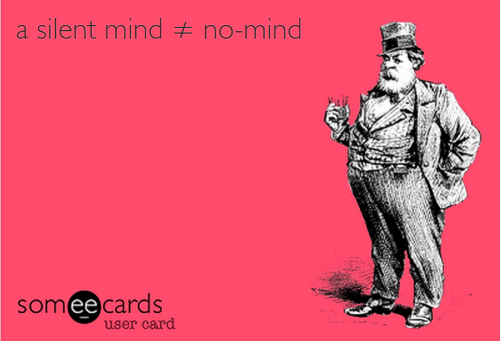
To medicate on that
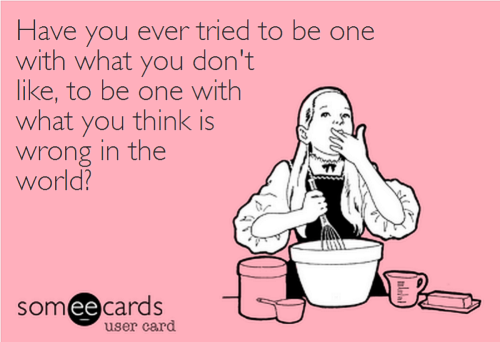
One rib-eye steak
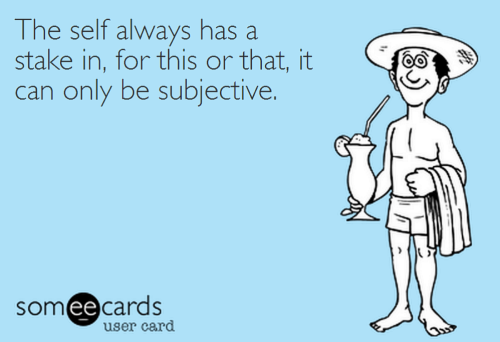
The different religions confused me
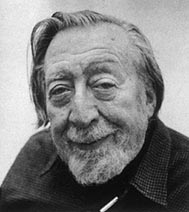
“Which was the right one? I tried to figure it out but had no success. It worried me. The different Gods – Catholic, Jewish, Protestant, Mohammedan – seemed all very particular in the way in which they expected me to keep on good terms with them. I couldn’t please one without offending the others. One kind soul solved my problem by taking me on my first trip to the planetarium. I contemplated the insignificant flyspeck called Earth, the millions of suns and solar systems, and concluded that whoever was in charge of all this would not throw a fit if I ate ham, or meat on Friday, or did not fast in the daytime during Ramadan. I felt much better after this and was, for a while, keenly interested in astronomy.” ― Richard Erdoes, Lame Deer – Seeker of Visions
‘Cos I’m falling out of grace
Read more
MoonBlog 13.3 Pessimism
I feel nowhere more near to any waking up, as to when I was about 12-13 years old and cried my eyes out and lamented to the people in the room to want to be grown up.
No one asked precisely why I would want that or seek the cause of the depth of that desire, but I knew then and still do now, it was because I could make my own damn choices and not be so dependent on others, even parents. Or maybe especially them, at least back then.
I feel deeper and deeper aware these days, some 33 years later, aware of what life is about, as I tap into my memories of my past and all that I witnessed and learned. Things I experienced, for real, things I imagined, for real too, things that made sense, in the long deep grinding time consuming contemplations, years went by, sometimes crawling sometimes flying.
But still nowhere pushing through, punching through any veil.
Playing with both the deeper explorations of duality through this Human Design system, as well as exploring this otherworldy space of non-duality.
I’ve always been very reluctant of any kind of system, or teaching, person, guru, modality, religion or belief. That is, from others. My own ofcourse were carefully grown and then groomed, to flourish over time. I’ve always been quite contemplative, and sometimes feel I’m onto something, and then regularly fall back into unknowing, ununderstanding, not comprehending, not being able to tie the knots or connect the dots, over and over and over again.
I met, people into, Osho (Bhagwan) twice in my life but never felt drawn to follow these people to follow this guru kind of person, and his/their teachings and rules, until a third time only 5 years ago, I then ended up visiting the Resort in Puna India for about 3 months and had an interesting time, started reading his books and generally like what is said. Generally. I am not the kind of person to adhere to communal endeavors. I’d love to visit there again, and perhaps say hi to some of the people I met there, and meet some new ones, but he, nor anyone else is my one and only go to kind of inspiration. Or shuffler of my mental deck
Read more
Merry Happy 1st Solar Return of this Blog
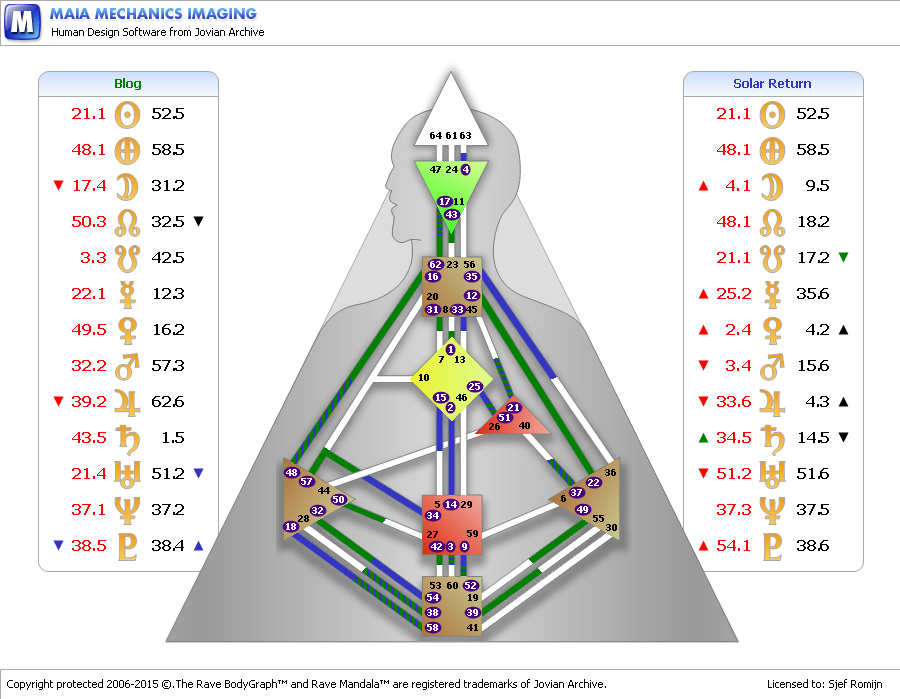
You don’t say?
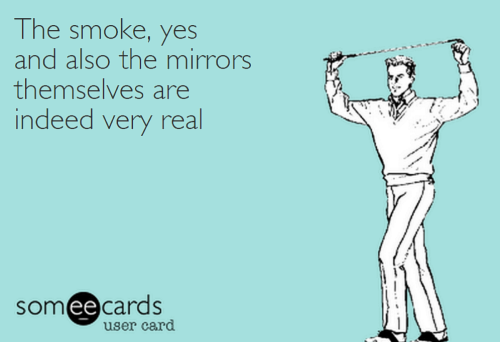
He said she said bullshit

A mere incident
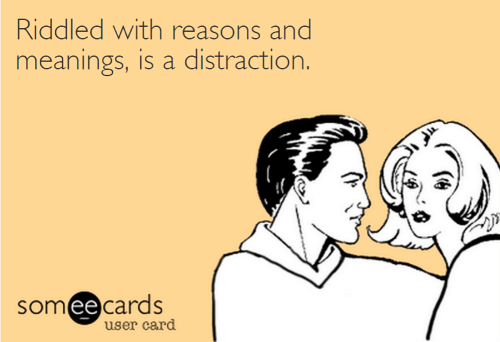
Halt! Who goes there?
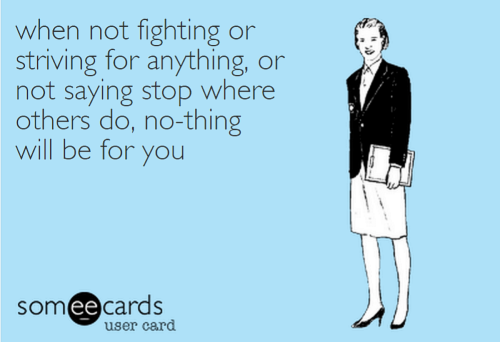
Oh kut
The Upside-Down, Forward-Backward, Icy-Hot Contrary
“I am going to tell you a story about clowns, but it won’t be a funny story. For us Indians everything has a deeper meaning; whatever we do is somehow connected with our religion. I’m working up to this part. To us a clown is somebody sacred, funny, powerful, ridiculous, holy, shameful, visionary. He is all this and then some more. Fooling around, a clown is really performing a spiritual ceremony. He has a power. It comes from the thunder-beings, not the animals or the earth. In our Indian belief a clown has more power than the atom bomb. This power could blow off the dome of the Capitol.
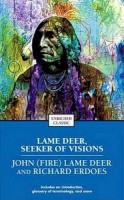
I have told you that I once worked as a rodeo clown. This was almost like doing spiritual work. Being a clown, for me, came close to being a medicine man. It was in the same nature. A clown in our language is called heyoka. He is an upside-down, backward-forward, yes-and-no man, a contrary-wise. Everybody can be made into a clown, from one day to another, whether he likes it or not. It is very simple to become a heyoka. All you have to do is dream about the lightning, the thunderbirds. You do this, and when you wake up in the morning you are a heyoka. There is nothing you can do about it.
Being a clown brings you honor, but also shame. It gives you a power, but you have to pay for it. A heyoka does strange things. He says “yes” when he means “no:’ He rides his horse backward. He wears his moccasins or boots the wrong way. When he’s coming, he’s really going. When it’s real hot, during a heat wave, a heyoka will shiver with cold, put his mittens on and cover himself with blankets. He’ll build a big fire and complain that he is freezing to death. In the wintertime, during a blizzard, when the temperature drops down to 40 degrees below, the heyoka will be in a sticky sweat. It’s too hot for him. He’s putting on a bathing suit and says he’s going for a swim to cool off.
My grandma told me about one clown who used to wander around naked for hours in subzero weather, wearing only his breechcloth, complaining all the time about the heat. They called him Heyoka Osni-the cold fool. Another clown was called the straighten-outener. He was always running around with a hammer trying to flatten round and curvy things, makin~ them straight, things like soup dishes, eggs, balls, rrogs or cartwheels. My grandma had one of those round glass chimneys which fits over a kerosense lamp. Well, he straightened it out for her. It’s not easy to be a heyoka. It is even harder to have one in the family.”- John (Fire) Lame Deer – Seeker of Visions
Introduction
This is the personal account of a two-year journey during which I experienced the falling away of everything I can call a self. It was a journey through an unknown passageway that led to a life so new and different that, despite forty years of varied contemplative experiences, I never suspected its existence. Because it was beyond my expectations, the experience of no-self remained incomprehensible in terms of any frame of reference known to me, and though I searched the libraries and bookstores I did not find there an explanation or an account of a similar journey which, at the time, would have been clarifying and most helpful. Owing then to the deficiency of recorded accounts, I have written these pages trusting that they may be of use to those who share the destiny of making this journey beyond the self.
Though my contemplative experiences began at an early age, it was not until I was fifteen that I discovered how these experiences fit like the inset of a child’s puzzle into the larger framework of the Christian contemplative tradition. This finding was followed by ten years of relative seclusion in order to pursue the Christian goal of union with God, and once I had the certitude of this goal’s realization, I entered the more ordinary stream of life where I remain to this day.
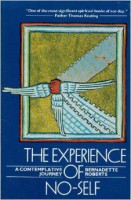
Within the traditional framework, the Christian notion of loss-of-self is generally regarded as a transformation of the ego or lower self into the true or higher self as it approaches union with God. In this union, however, self retains its individual uniqueness and never loses its ontological sense of personal selfhood. Thus being lost to myself meant, at the same time, being found in God as the sharer of a divine life. From here on, the deepest sense of being and life is equally the sense of God’s being and life. Thus there is no longer any sense of “my” life, but rather “our” life–God and self. In this abiding state God, the “still-point” at the center of being, is ever accessible to the contemplative gaze – a point from which the life of the self arises and into which it sometimes disappears. But this latter experience of loss-of-self is only transient, it does not constitute a permanent state, nor did it occur to me that it could ever do so in this life.
Prior to this present journey, I had given little thought to the self, its perimeters or definitions. I took for granted the self was the totality of being, body and soul, mind and feelings; a being centered in God, its power-axis and still-point. Thus, because self at its deepest center is a run-on with the divine, I never found any true self apart from God, for to find the One is to find the other.
Because this was the limit of my expectations, I was all the more surprised and bewildered when many years later I came upon a permanent state in which there was no self, no higher self, true self, or anything that could be called a self. Clearly, I had fallen outside my own., as well as the traditional frame of reference, when I came upon a path that seemed to begin where the writers on the contemplative life had left off. But with the clear certitude of the self disappearance, there automatically arose the question of what had fallen away; what was the self? What, exactly, had it been? Then too, there was the all-important question: what remained in its absence? This journey was the gradual revelation of the answers to these questions, answers that had to be derived solely from personal experience since no outside explanation was forthcoming.
Read more
In your face!
Summer Solstice
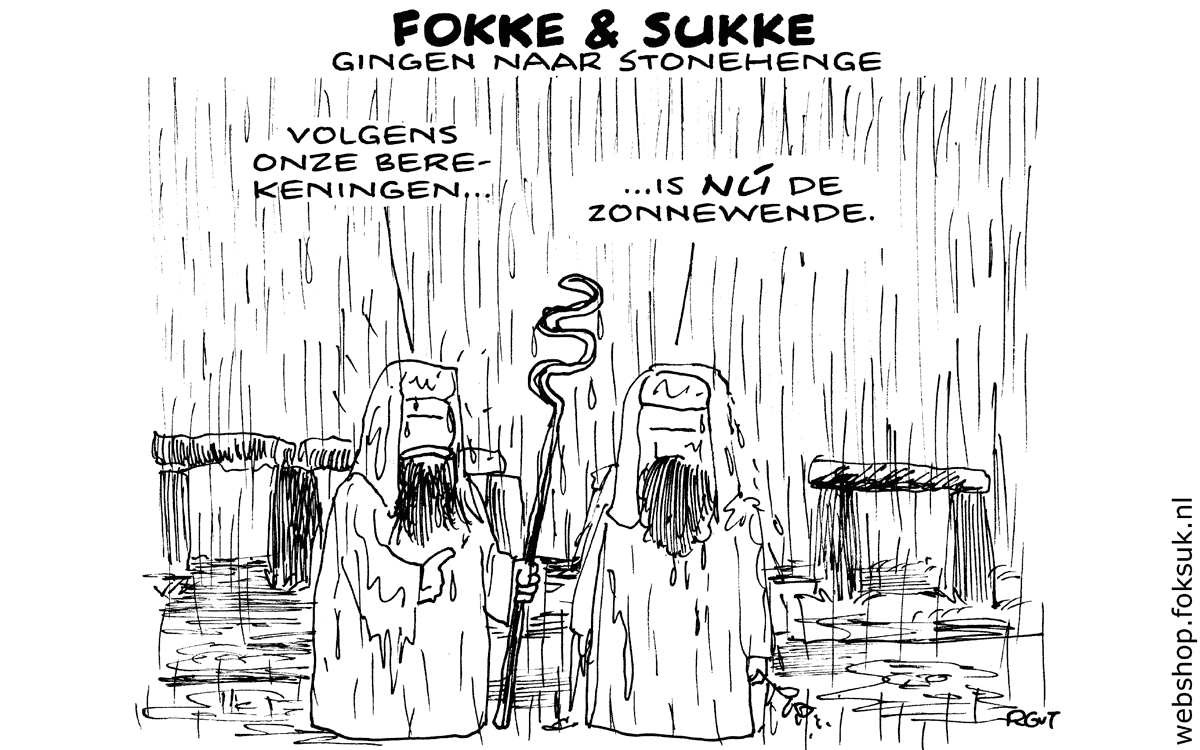
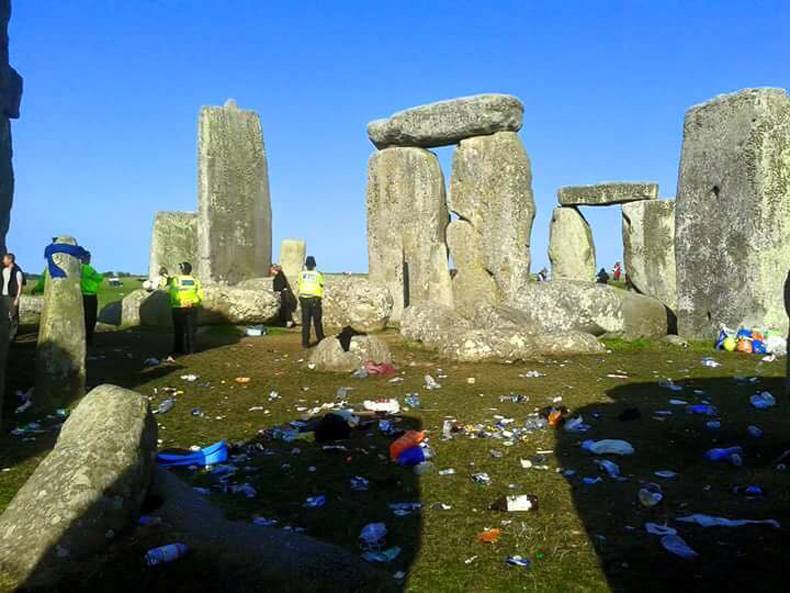
upside down, disturbed, and perverted
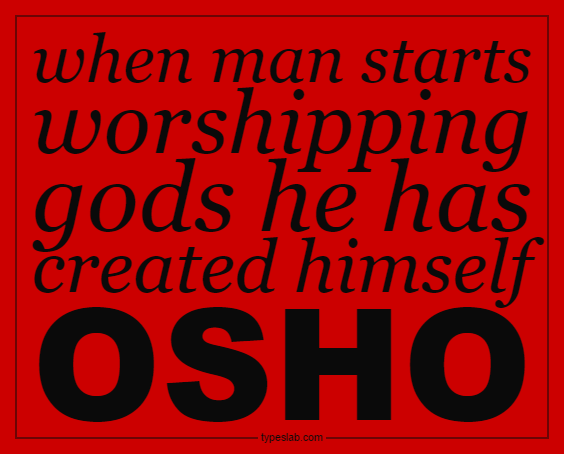
Dualshock 4 on a PC

You’ve got 1 hour on the exercise yard
